Empatiku Foundation was a resource person for the United States Institute of Peace (USIP), Washington DC at the Symposium and Launch of the RISE Action Guide
The existence of the Empatiku Foundation in carrying out various activities to prevent violent extremism through social reintegration programs is increasingly recognized internationally.
On November 17 2023, USIP invited the Empatiku Foundation to be a resource person at a one-day international symposium while hosting the launch of the RISE (The Rehabilitation and Reintegration through Individual, Social and Structural Engagement) Action Guide.
This event featured panel discussions, interactive discussions and TED talks to introduce RISE content, which discusses the policy framework needed for rehabilitation and reintegration, with program approaches at the individual, social and structural levels that provide a comprehensive response to rehabilitation and reintegration.
Empatiku Foundation is represented by Dr. Margaretha Hanita, S.H.M.Si (board member) in a reflection session at the local level with other resource persons from various countries, namely Fatima Akilu, Ph.D. Executive Director, NEEM Foundation, Cholpon OrozobekovaDirector, Bulan Institute for Peace Innovations and Sarhang Harmasaeed, Director, Middle East Programs, U.S. Institute of Peace.
The discussion panel session was hosted live by Binalakshmi Nepram, Senior Advisor on Indigenous Issues, Religion and Inclusive Societies, USIP. In the panel, Margaretha Hanita shared the Empatiku Foundation’s experience in building community resilience in Indonesia to support social reintegration through community-based early detection activities.
There are 4 pillars of community resilience in this activity, the first is building awareness of the risks of violent extremism and developing the community’s ability to recognize early signs of violence. This first pillar is put into practice by the Empatiku Foundation together with community groups consisting of the women’s group, Majlis Taklim, RT, PKK, Karang Taruna and other groups in society in 3 sub-districts in Depok and Tangerang.
The second pillar is building a case management mechanism and building a data management system for discovered cases. To date, at least 40 cases have been recorded that were detected early and handled by the Tangguh Team which has been specially trained by the Empatiku Foundation to detect early signs of violence and carry out initial treatment. The third pillar is building social cohesion and the fourth pillar is policy support.
The principle of social reintegration carried out in this activity is to separate the action from the person who is the perpetrator. The acts of violence were not approved, but the perpetrators were not expelled from the community, but were instead allowed to be reintegrated into society through a restorative approach introduced by means of dialogue involving former terrorist convicts, deportees and their families, Thamrin bomb victims, community groups and even government officials such as village heads. , sub-district head, Babinsa and Bhabinkamtibmas.
The Empatiku activities shared in the panel were welcomed by USIP and the audience as lessons learned and best practice from Indonesia because they were very relevant to the action guidelines built in RISE. This Action Guide published by USIP provides a peace-building framework for local stakeholders, policy makers, funders and implementers to support the rehabilitation of people fleeing extremist violence as well as reintegration and reconciliation with local communities.
RISE is a prosocial, community-centered approach to rehabilitation and reintegration that draws on the principles of peacebuilding and public health. The primary goal of the RISE Action Guide is to encourage behavioral change that facilitates disengagement from, and resistance to, violence by lowering barriers and opening space for sustained, positive, and inclusive engagement between people divesting from extremist violence and members and institutions local community. The symposium event closed with a friendly gathering with all participants from various countries who also shared experiences in separate discussion sessions.
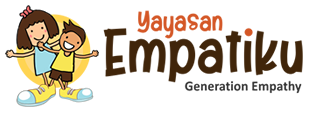
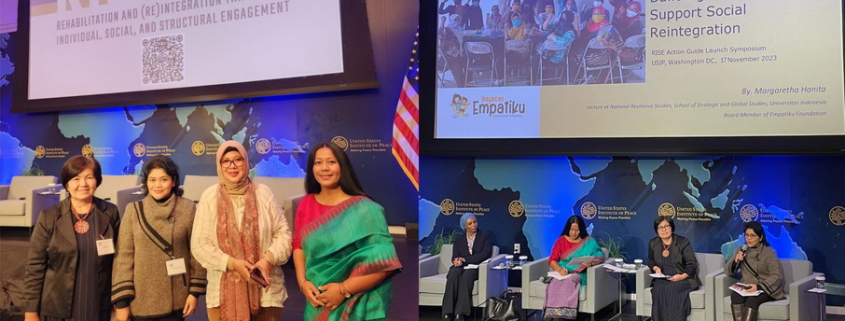
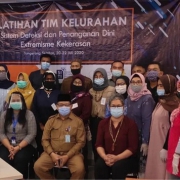
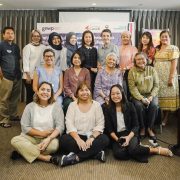

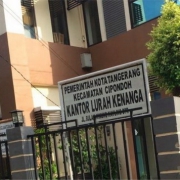
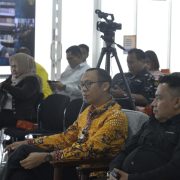
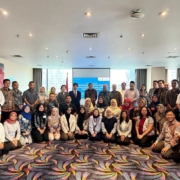
 EMPATIKU works to innovate learning processes and transform institutional systems to foster people’s emotional competence and instill empathy.
EMPATIKU works to innovate learning processes and transform institutional systems to foster people’s emotional competence and instill empathy.
